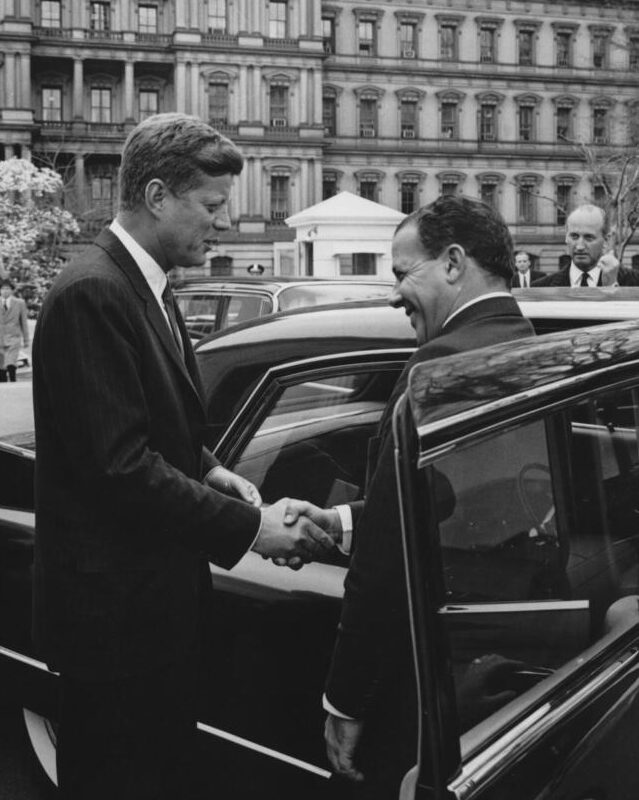Document of the week! Ideological index of candidates in the 1962 elections
Check out the full document in our collection: Report by Robert W. Dean with preliminary information on the 1962 Brazilian elections – NACE CNV-Brasil (usp.br)

United States support for conservative candidates in the 1962 elections in Brazil
Much is said about the North American intervention in the 1964 coup, but less is analyzed about the different types of violation of Brazilian sovereignty perpetrated by the United States during the João Goulart government (1961-1964).
One of the greatest examples of violation of our sovereignty in that period occurred during the very important general elections of October 1962, when governors of 11 of the 21 states of the federation would be elected, in addition to the entire Chamber of Deputies and two thirds of the Federal Senate.
Washington's intervention in these elections occurred mainly through support for candidates who opposed the left. The objective was to constrain the Goulart government's ability to act politically, forcing it to coexist with governors and a Congress with a more conservative profile.
As a way of differentiating the wheat from the chaff during the election period, the North American Embassy in Rio created an impressive ideological index with seven categories, ranging from communist (category 1) to right-wing extremists (category 7).
The Yankee Consulates in Brazil (Belém, Belo Horizonte, Porto Alegre, Recife, São Paulo), in addition to the Embassy office in Brasília, were asked to classify all candidates for governor, federal deputy, senator and state deputy according to this ideological index.
In the words of the First Secretary of the US Embassy in Rio, Robert W. Dean, in Air Telegram A-891: “you cannot tell who the players are without a score card”. The ideological index served exactly as this score card.
Of the seven categories, two were considered prohibited by Washington: “communists” (category 1) and “fellow travelers” of communists (category 2), that is, those who were not card-carrying communists, but who, in practice, followed the communist political line.
Category 3 (left-wing ultranationalist) was also undesirable. The preferable ones would be number 4 (non-communist reformist) and 5 (centrist). Washington's financing of candidates would essentially depend on this ideological profile seen as favorable to Yankee strategic interests.
In the end, the 1962 elections would not produce a conservative tide; on the contrary, progressive sectors made important gains in the states and in the National Congress during the election.
But, without a doubt, North American support for the opposite side prevented an even greater defeat of the right, something that would have important consequences for the future of the João Goulart government, especially for its unsuccessful attempt to approve basic reforms in the country.
Prof. Dr. Felipe Loureiro,
Deputy coordinator of NACE CNV-Brazil,
Institute of International Relations at the University of São Paulo
